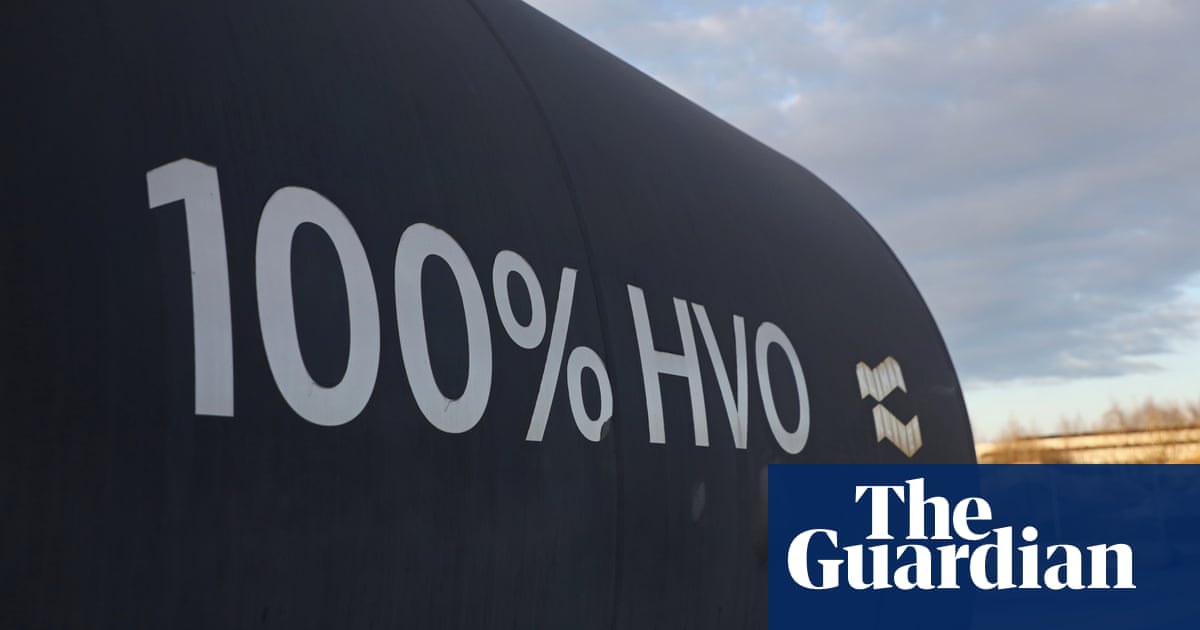
While various strategies have been devised to combat vaccine hesitancy, shortage of doses remains a challenge nationwide
Officials say local healers, or bhumka, can help todispel myths as they have a great influence over local community life
NEW DELHI: Authorities in central India have employed faith healers in their coronavirus vaccination drive to help combat vaccine superstitions and encourage tribal populations to take the jab.
While a devastating second wave of the pandemic has already taken the country’s coronavirus death toll to more than 318,000, India’s vaccination rate remains low, with only 4 percent of the 1.3 billion population having received at least one vaccine dose.
The immunization campaign has not only been marred by vaccine shortages but, as in the predominantly tribal district of Betul in Madhya Pradesh, by superstition-driven hesitancy, prompting officials to employ local healers, or bhumka, who have a great influence over the local community’s life, to encourage tribal populations to take the shot.
“In remote tribal areas rumor spread that vaccination leads to illness and other diseases,” the district’s key officer for vaccination Manohar Lal Tyagi told Arab News on Friday. “To dispel the myth, we decided to use the local bhumka who have a hold over the tribal society.”
In a video circulated by the local administration when the campaign started three weeks ago, Ram Muni — one of the 20 traditional healers employed in the campaign — is seen appealing to people to come forward for vaccination, saying that vaccines do not cause sickness and are meant to make them healthy.
FASTFACTS
• While various strategies have been devised to combat vaccine hesitancy, shortage of doses remains a challenge nationwide.
• Officials say local healers, or bhumka, can help to dispel myths as they have a great influence over local community life.
“We are all trying our best to mobilize people and promote vaccination in the region,” Betul lawmaker Nalay Daga told Arab News. “It is the responsibility of all political leaders, regardless of their party affiliation, to reach out to people and convince them to have the vaccination.”
Laxmikant Sahoo, a Betul-based journalist, said that besides the faith healers, politicians should also be involved in the drive.
“Political leaders have wider reach and influence,” Sahoo said. “If they involve themselves vaccine hesitancy can be addressed effectively.”
While various strategies have been devised across the country to combat vaccine hesitancy, on the national level it is the shortage of doses that remains the biggest challenge.
India currently relies on two locally made vaccines — Covishield, the Oxford-AstraZeneca vaccine manufactured by the Serum Institute of India (SII), and Covaxin, developed by Bharat Biotech.
Until April, the SII and Bharat Biotech were able to produce only 64 million doses a month. They are expected to double production in August. The government is meanwhile in talks with other international vaccine producers as it intends to vaccinate its entire population by the year’s end.
“We should have allowed some foreign vaccines to come into India earlier,” Indian Medical Association (IMA) secretary general Dr. Jayesh Lele told Arab News.
“The impact of the second wave could have been less had more people been vaccinated,” he said. “To have herd immunity in India, vaccination is the biggest tool.”












